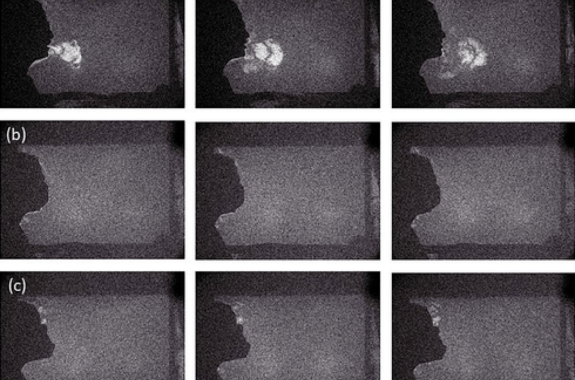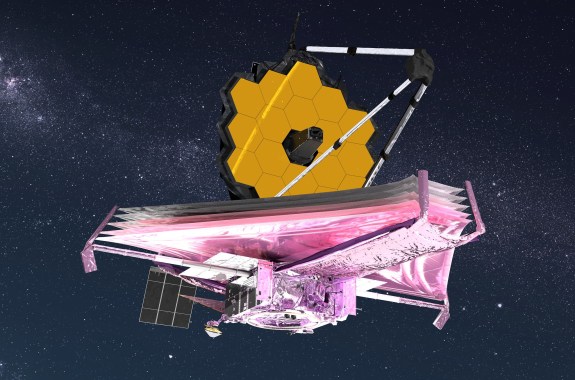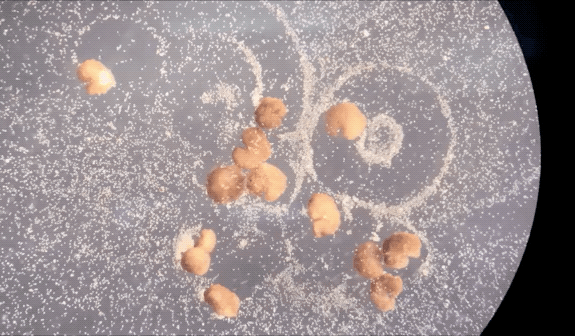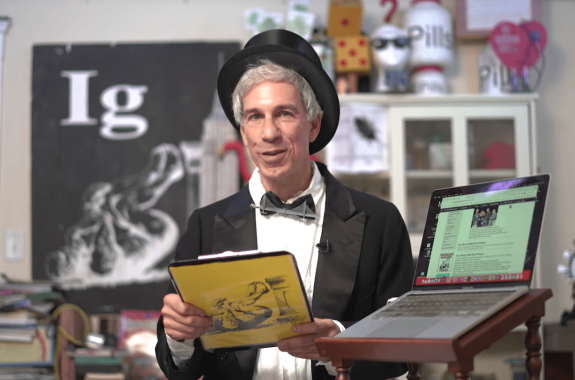As Science Friday’s director and senior producer, Charles Bergquist channels the chaos of a live production studio into something sounding like a radio program. He coordinates in-studio activities each week from 1-4. And then collapses. He also produces pieces for the radio show. His favorite topics involve planetary sciences, chemistry, materials, and shiny things with blinking lights.
Charles has been at Science Friday longer than anyone on staff except Ira, and so serves as a repository of sometimes useful, sometimes useless knowledge about the program. He remembers the time an audience member decided to recite a love poem during a live remote broadcast, the time the whole staff went for ice cream at midnight in Fairbanks, Alaska, and the name of that guy Ira is trying to remember from a few years back who did something with space.
He hails from southeastern Pennsylvania and worked for a while as a demonstrator at the Franklin Institute, Philadelphia’s science museum (favorite devices: Maillardet’s Automaton, the stream table, the Chladni plates). He has a degree in chemistry from the University of Delaware, home of the Fighting Blue Hens, and a master’s in journalism from New York University’s Science, Health, and Environmental Reporting Program. However, he attended the program prior to the addition of ‘Health’ to its name, which may explain his slight unease when covering medical topics.
Outside the walls of Science Friday, he enjoys backpacking, camping, cooking not-entirely-healthy things, reading escapist fiction, and trying to unravel his children’s complicated stories.
17:32
The Fossil—And Family—Records Of Richard Leakey
A leading authority on paleoanthropology, Richard Leakey leaves behind an expansive body of work on human evolution.
13:08
Caroling With COVID-19
Researchers tested a variety of face masks to find ones that least distorted a singer’s voice.
17:28
The Webb Telescope Is Counting Down To Liftoff
The next-generation space telescope—over 20 years in the making—could finally launch next week.
35:00
Three Plant-Based Chemicals That Can Change Your Brain
Author Michael Pollan examines opium, caffeine, and mescaline in his new book on the mind-altering powers of plants.
17:10
Decoding Quantum Computing
The disruptive technology of quantum computing could be a game-changer.
9:54
Diving Into The Strange World Of Xenobots
Structures designed by an algorithm transform frog embryo cells into structures that can swim.
34:27
Laugh And Learn With The Ig Nobel Prizes
The evolutionary history of beards! The communications of cats! And more at the 31st first annual Ig Nobel Prize Ceremony.
7:59
Blunting The Force Of Disease Is Complicated
The real-world efficacy of a vaccine may depend on factors far beyond the properties of the vaccine itself.
4:08
The Chemistry Of The Perfect Cookie
Manipulating ingredients in a cookie can tip the balance between crispy and chewy.
11:54
Could Psychedelics Help Treat Depression?
Psilocybin, the psychedelic component of magic mushrooms, may be effective for some patients for whom other antidepressants haven’t worked.









